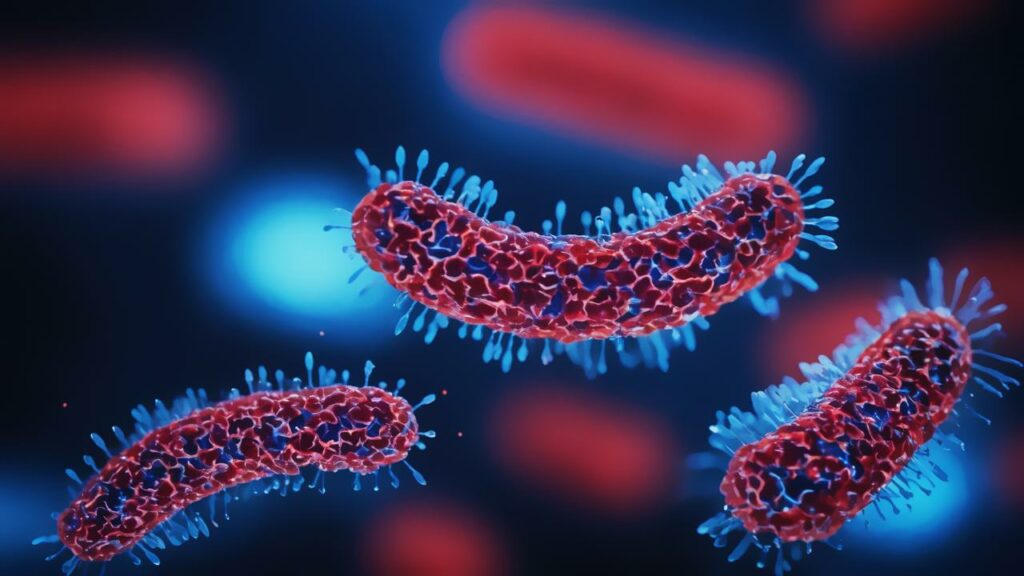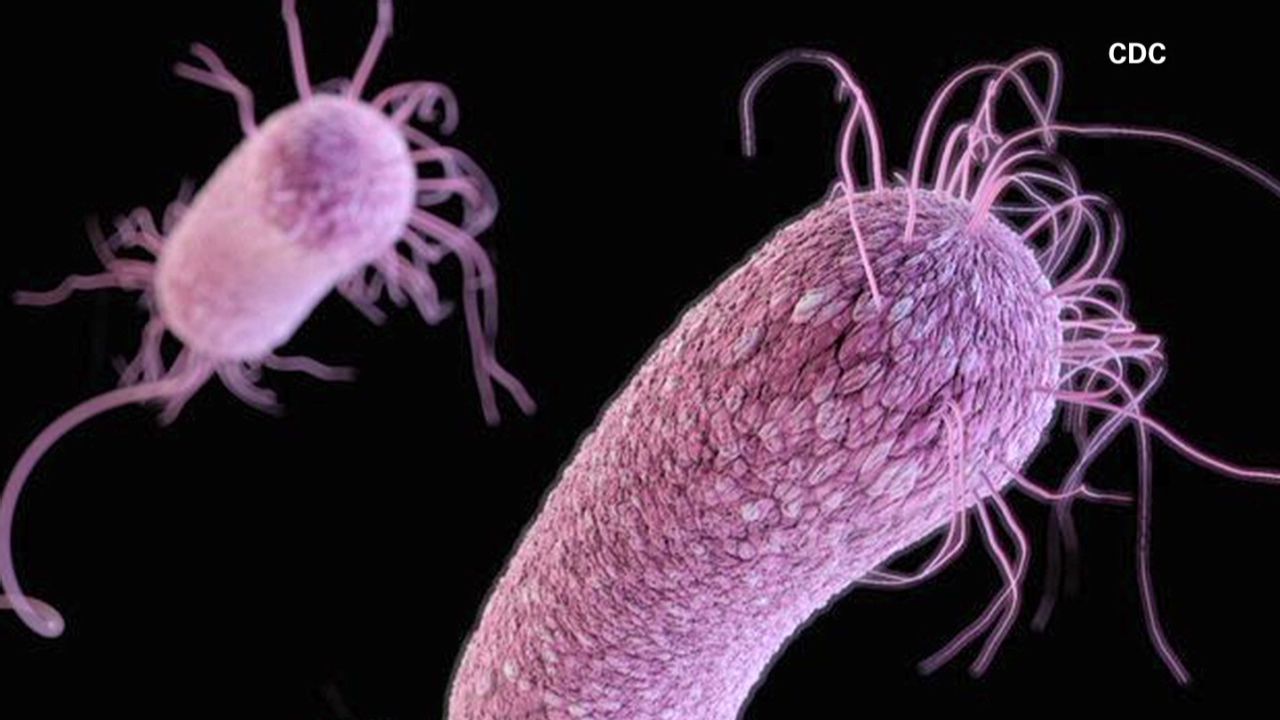Artificial intelligence has made a remarkable contribution to microbiology, solving a complex superbug problem in just two days that took researchers years to understand. Professor José R. Penadés and his team at Imperial College London had been investigating the creation of antibiotic-resistant superbugs. They discovered the remarkable power of a new AI tool developed by Google, which was able to replicate and expand upon their research in a fraction of the time.
The breakthrough discovery of Artificial Intelligence solving superbug mysteries

Superbugs—dangerous germs resistant to antibiotics—have been a longstanding problem for scientists. For years, Professor Penadés and his team have been trying to understand how these germs form and spread. They hypothesized that superbugs could develop tails from different viruses, which would allow them to move between species. This unique hypothesis had never been published and was not known to the AI tool. However, within just two days, the returned results confirmed and expanded on their theory.
How AI confirmed the superbug hypothesis in just two days
When Prof. Penadés tested Google’s AI tool, he had no idea it would return such valuable insights. The AI not only provided the correct hypothesis—the superbugs’ ability to form tails—but also suggested four additional, plausible hypotheses. One of these hypotheses was particularly groundbreaking, leading the team to pursue it further. This swift success has made a significant impact on how researchers approach their work, saving years of effort and reshaping the future of science.
The role of AI in advancing scientific research
The potential of AI to drive scientific breakthroughs is now undeniable. Prof. Penadés believes this new AI tool could revolutionize the way science is conducted, providing researchers with unprecedented access to powerful computational tools. Despite concerns about AI’s impact on jobs, he emphasized that the tool is meant to assist and enhance research, not replace it.
What this means for the future of science and research
Looking ahead, Prof. Penadés sees immense potential in the use of AI for scientific advancements. He likened his experience to playing in a high-stakes match, where the opportunity to work with such cutting-edge technology is a game-changer. The researchers involved are optimistic about how Artificial intelligence will continue to shape their field, providing new insights and accelerating discoveries in the fight against antibiotic resistance.
AI’s transformative impact on scientific problem-solving
The rapid progress AI has brought to solving complex issues such as the superbug mystery highlights its transformative power. Prof. Penadés’ team is now working with the additional hypotheses generated by the tool, a clear indication that AI will play an integral role in advancing scientific research and unlocking solutions to some of the world’s most pressing problems.














